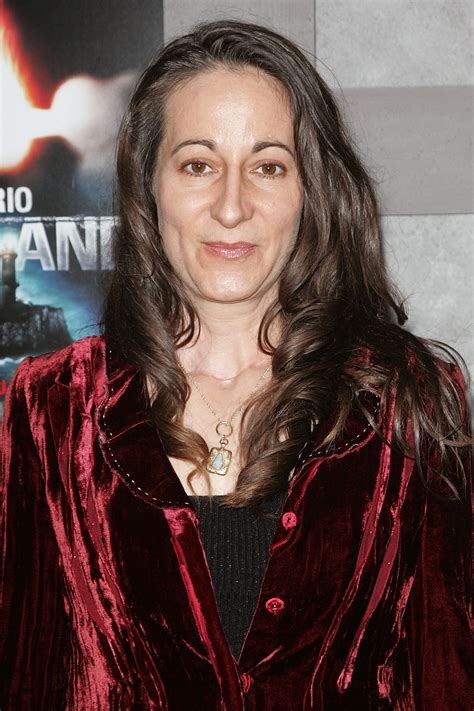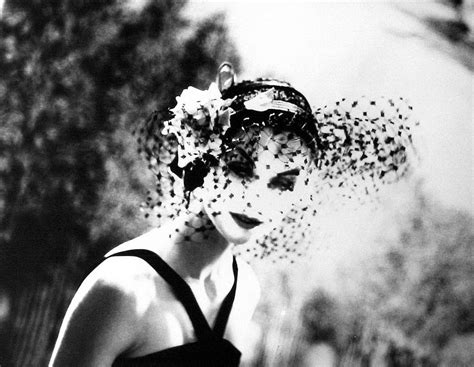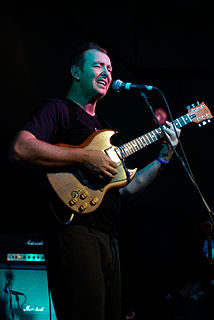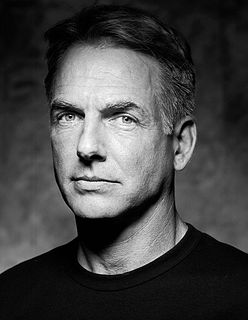A Quote by Jhumpa Lahiri
I'm always intrigued by authors who say, 'This book took 17 drafts.' They're very clear about it. I couldn't possibly count the number of times... So many of these stories I worked on for a very long time and wrote them, set them aside, rewrote them, worked on something else - they were never far from reach; they informed each other.
Related Quotes
I worked with creative people who were very demanding of me, and they helped me reach performances that I never could have gotten on my own without being pushed and having trust in them. And so I know the best way to get the best performance of an actor, and that's not to coddle them or to baby them. It's to help them; it's to push them.
Throughout my career, I had a lot of mentors, and I just adopted them. What I found is that, especially if you're young, when you go up to people and say, 'Would you mind being my mentor?,' their eyes widen. They literally step back. What they're thinking about is the commitment and time involved if they say yes. And time is something they don't have. So I would not ask them to be my mentor, but I would just start treating them like it. And that worked very well for me.
In 1948, I began coaching basketball at UCLA. Each hour of practice we worked very hard. Each day we worked very hard. Each week we worked very hard. Each season we worked very hard. Four fourteen years we worked very hard and didn't win a national championship. However, a national championship was won in the fifteenth year. Another in the sixteenth. And eight more in the following ten years.
As an athlete, success is not just about winning; it is about working hard and giving it all you have. I have always taken one match at a time and worked hard; when I succeeded, I worked further on the aspects of the game which worked for me; when I failed, I listed out my weaknesses and worked on them.
If goodness were only a theory, it were a pity it should be lost to the world. There are a number of things, the idea of which is a clear gain to the mind. Let people, for instance, rail at friendship, genius, freedom, as long as they will -the very names of these despised qualities are better than anything else that could be substituted for them, and embalm even the most envenomed satire against them.
The Grimm brothers always said that their informants were women, which is possibly not true, women of the people. There is the constant evocation of women's voices, in the collecting and arrangement of these stories, and yet the message of so many of them is incredibly misogynist. I was very puzzled by that, and that book explores that contradiction.
Teaching I realized took up a lot of my time. I was a kind of a teacher that spent time with students, spoke to them after class, tried to help them out. I'd talk with them personally about their work and try to get out of them what they were thinking about, forcing them to thinking seriously and not just falling back on all the ideas that they had picked up someplace. And so I took my job teaching very seriously and that - as a result, it took up a lot of time.
Once I'd worked out that I couldn't possibly expect people to enjoy a monstrous, 3000-page book, I realised I could in fact create a labyrinth of a story with four different points of entry. But what interested me was creating something that would rearrange itself every time you read one of the other books. So depending on which order you read them, the implications and angles would change. To get that right, each one of the books had to have its own personality and texture -- even though they are connected, they are very different creatures.


































